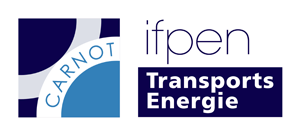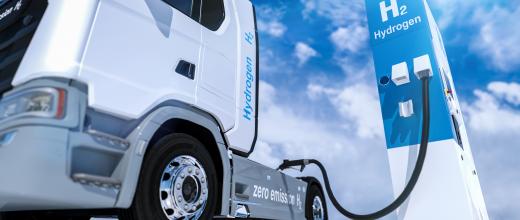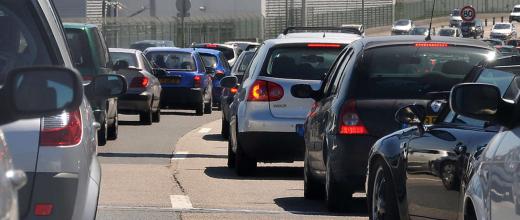 IC powertrains
IC powertrains
OVERVIEW AND CHALLENGES
In addition to electrification, achieving the ambitious CO2 emission reduction targets for the transport and off-road sector by 2030 requires a significant improvement in IC engines using environmentally-friendly fuels or renewable hydrogen, in such a way as to:
- make clean, efficient technologies accessible to all usages
- progress towards ever greater hybridization as a function of application type
- target IC engines with a high average efficiency and near-zero emissions
- accelerate the use of renewable hydrogen
Four main objectives will address these challenges:
1 - Significantly improve the thermodynamic efficiency of IC powertrains:
• via the optimization of existing or emerging technologies
• as well as the introduction of disruptive solutions
• while maintaining a simple and effective pollution control system across its operating range.
2 - Achieve levels of pollutant emissions with zero impact on air quality in actual use and throughout a vehicle's lifespan, focusing on three priority areas:
• the development of innovative after-treatment systems
• the accurate assessment of the impact of emissions on air quality
• the real-time control of pollutant emissions
3 - Develop hydrogen engines that allow the use of existing industrial production means:
• design optimized combustion systems
• adapt the air loop and control
• identify post-treatment systems for zero impact on air quality
4 - Identify fuels with a double impact to reduce CO2 emissions:
• due to their non-fossil origin (biofuels and synthetic fuels or E-Fuels)
• and thanks to their favorable properties in terms of increasing engine efficiency
The proportion of liquid fuels in land transport will remain significant in the coming years. By 2040, it will be over 80% worldwide (source: BP) and between 60 and 70% in Europe (WAPO scenarios).
Providing innovative technological solutions to reduce fuel consumption and CO2 emissions from IC engines and improve air quality.
Our solutions Our network Our strengths










